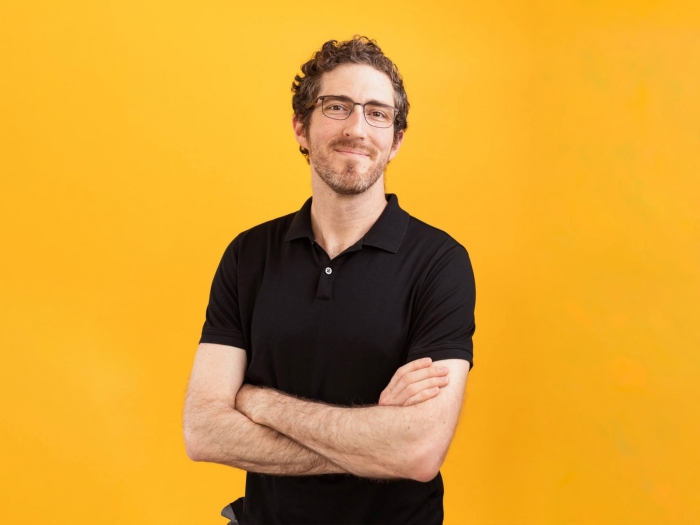An enterprising science-based education approach enlists networks of religious leaders as community gatekeepers.
Authors |
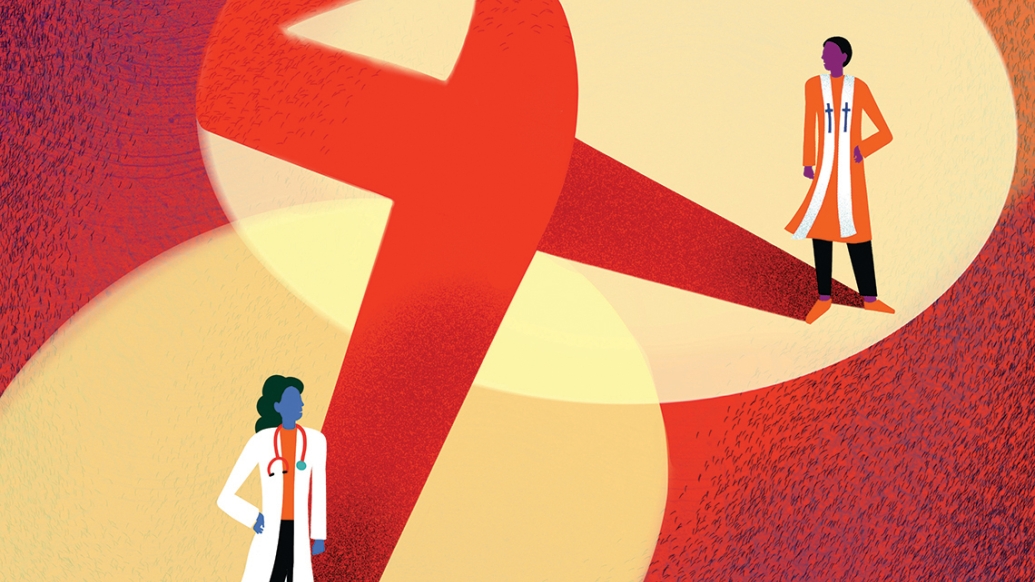
A. Oveta Fuller, Ph.D., remembers the day as clearly as if it were yesterday. She had conducted workshops in Lusaka, Zambia, one year earlier for clergy, officers, and young adults on the science of HIV and how it can lead to AIDS. The training was requested by the regional bishop of the African Methodist Episcopal (AME) Church. At one follow-up session, a young woman asked for a moment to speak privately. In a church pew, she told Fuller that she had never been tested prior to attending the two-day workshop the previous year — even though her husband was a certified HIV tester for the Zambian government. The training inspired her to take control of her health by insisting that her husband and entire family get an HIV test.
"She found out that she, her husband, and their youngest of three children were HIV positive," Fuller recalls. "She said, 'I want to thank you.' They were taking anti-viral drugs and doing well. Moreover, they had started a support group for people living with HIV that met at their home every Friday. It was a surreal glimpse of the life-changing impact on one family once they understood that HIV is a fragile virus."
The intense, lab-based work of biomedical researchers — replete with cells, molecules and microscopes — can sometimes breed detachment from the people affected by the diseases and conditions they are studying. But Fuller is leading a group of U-M researchers who are dedicated to bridging this divide. The team has developed a simple yet effective approach to move scientific knowledge to the people who can make best use of it. Fuller, associate professor of microbiology and immunology, spent 20 years as a virology lab scientist before turning to community engagement and implementation science. While on sabbatical in 2006, Fuller, an ordained elder in the AME Church, was asked by its Service and Development Agency (SADA) to assist with addressing HIV/AIDS in the southern African countries of Botswana, South Africa, and Zambia.
She worked with SADA and the highest church official in the area on an approach to effectively move science and medical discoveries into implementation. Zambia was hit hard by the AIDS epidemic, with an almost 15% HIV prevalence in 2006. Their request: help church leaders to understand the science behind HIV and AIDS and how they can counter the high impact AIDS has on their communities.
Trusted Messenger
This seemingly unorthodox request made sense to Fuller. "Religious leaders are already dealing with HIV," says Fuller. "They bury people who die, they console families who lose sons and daughters, they help find homes for vulnerable children, and help parents and grandparents provide for younger children through family and community. Religious leaders are at the center of communities; they are the human capital that serves as a major social security."
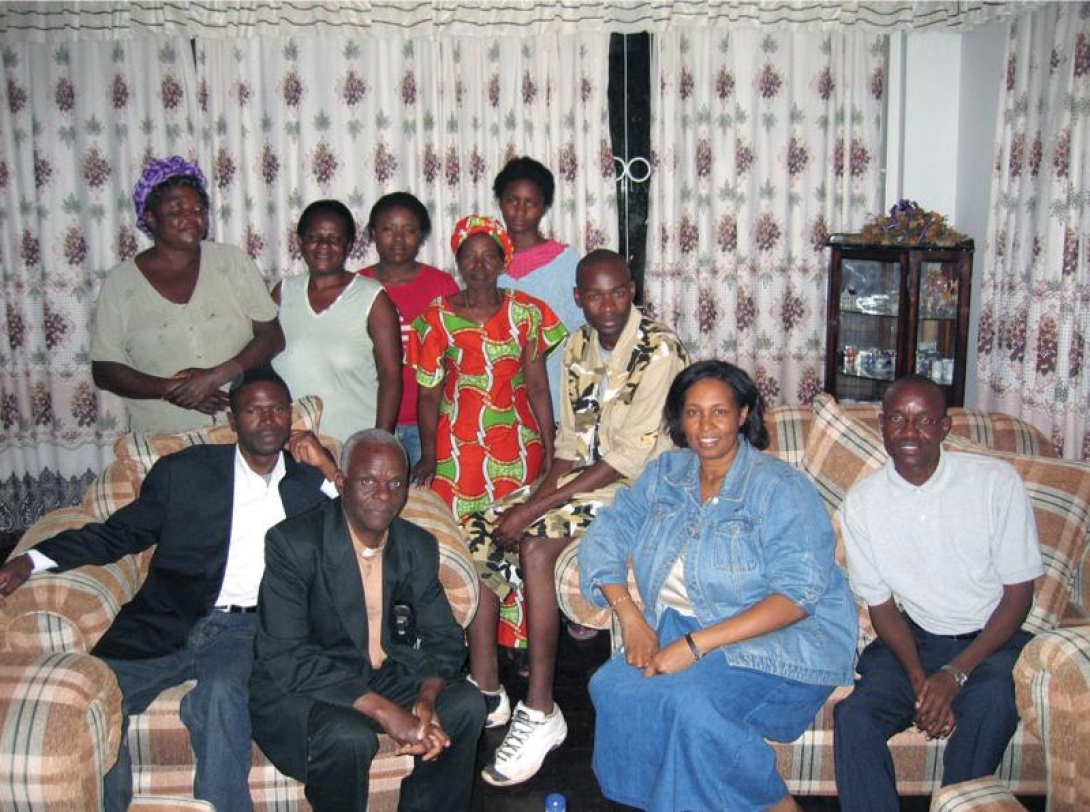
Fuller, collaborators, and U-M student teams implement and rigorously measure results of the intervention, which they call Trusted Messenger. U-M undergraduates are immersed as research assistants while also broadening their appreciation of health care and the context of infectious diseases such as HIV/AIDS and malaria. In partnership with the Council of Churches of Zambia, pastors, officers, and their spouses attend a two-day workshop where participants learn the science behind HIV/AIDS and how they can control the virus "instead of the virus controlling them," Fuller says. "These leaders bring insight into factors that affect virus spread and illness in their specific communities."
Fuller was senior author on a 2018 paper in which Trusted Messenger participants spoke about how they found the science comprehensible and empowering. She and her team are currently performing analyses of survey data to document measurable changes for participants. The quantitative data support what Fuller has seen in the responses of impacted people: "These leaders on the frontlines of addressing HIV/AIDS learn why HIV infection is not a death sentence. They get medical help for themselves, assist with children and the elderly who are left vulnerable, and build community supports to meet multiple needs.
"Their lives have been changed, and Trusted Messenger participation catalyzes that change."
Science vs. Myths
The crux of the program is dispelling prevalent myths and moral judgments around HIV infection. "HIV doesn't care who you are — it's just a virus trying to find a body in which it can replicate," says Fuller. "When clergy and leaders understand this, it changes their view and, importantly, their actions."
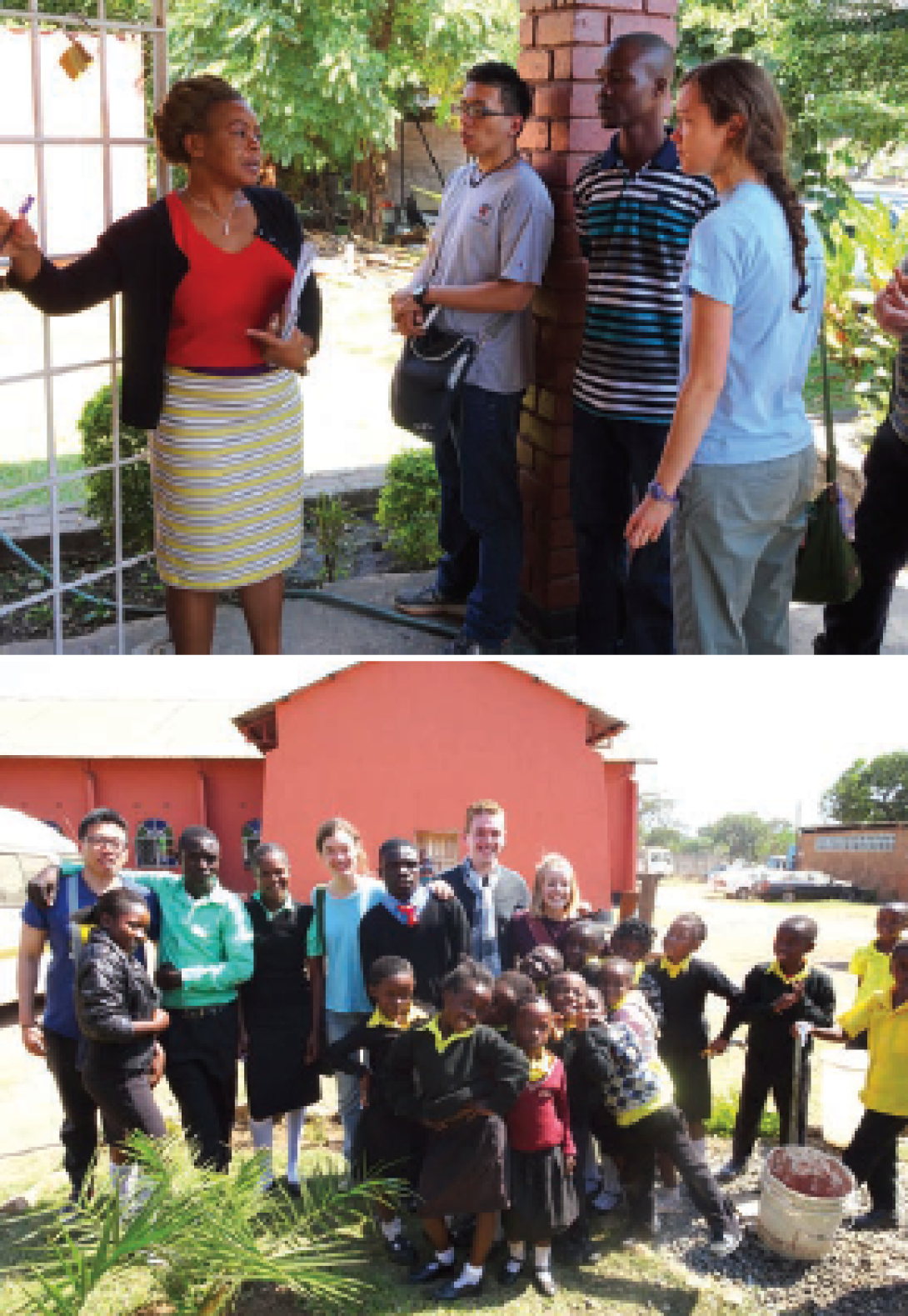
The workshop covers HIV replication and why the virus is transmitted only through blood, semen, vaginal fluid, or breastmilk. "We explain that if you always avoid contact with those four fluids, you will never get HIV, ever. They are amazed. It's fact, not something that one can only hope for or pray about," Fuller says.
Participants learn how anti-viral therapies work and how the virus' fragile structure does not permit transmission via fluids such as saliva and tears. They learn how infection by HIV, a retrovirus, means that a copy of virus DNA is inserted inside cells of an infected person. Because of this, people living with HIV must remain under medical care and always take anti-viral medication.
"They understand that one can't pray for healing and throw away the HIV medicines," Fuller says. "It's a lifetime commitment that allows control of a chronic disease."
A vital element is the opportunity, at the workshop site, for each participant to get screened for HIV infection. "As a leader, you are no greater than what you do," Fuller says. "You and your family must get tested to model one critical action in control of HIV/AIDS. It's a powerful first step for a trusted community leader."
Religious leader participants pick up the mantle in the last workshop session by brainstorming how to couple their new knowledge with existing community resources to encourage people to get tested, avoid HIV, and connect to medical care if they are infected.
"They understand that one can't pray
for healing and throw away the HIV medicines.
It's a lifetime commitment that allows control
of a chronic disease." —A. Oveta Fuller, Ph.D.
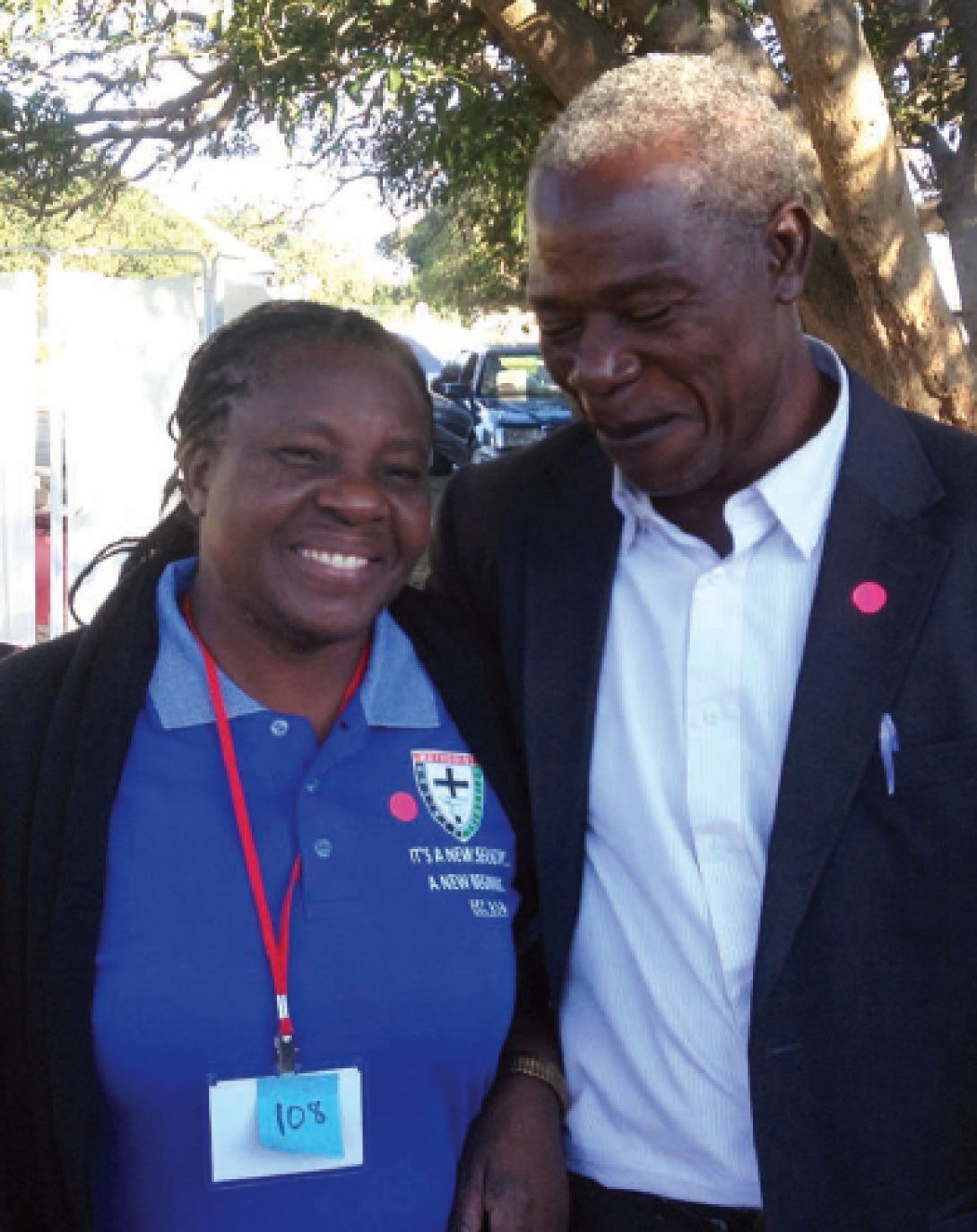
Looking to the Future
Charles Michelo, M.D., Ph.D., dean of the School of Public Health at the University of Zambia and a new collaborator, says that Trusted Messenger's effectiveness is due in large part to its ability to capitalize on a key societal network.
"Religious leaders here serve as community leaders with a mandate to serve the spiritual needs of those communities," he says. "Thus, they are the default gatekeepers in such a society like we have in Zambia."
Michelo and Fuller hope the approach can reach sustainability by securing adequate funding and expanding to partner with the Zambian Ministry of Health. Already, the incidence of HIV in adults in Zambia has declined to 11.5%. This is due to many factors, including sustained efforts like Trusted Messenger.
More broadly, the World Health Organization has set an ambitious goal to end the global AIDS epidemic by 2030. "The modeling data show that we could get rid of HIV by 2030," says Fuller. "So what's the holdup? It's that the people who need to consistently implement what has been discovered don't understand the advances that they already can use.
"The goal is to take some of the science discoveries we teach to medical students and undergrads and move them into the community to dispel misconceptions that paralyze people from doing what works. They then move forward in amazing ways to take control of HIV/AIDS."




